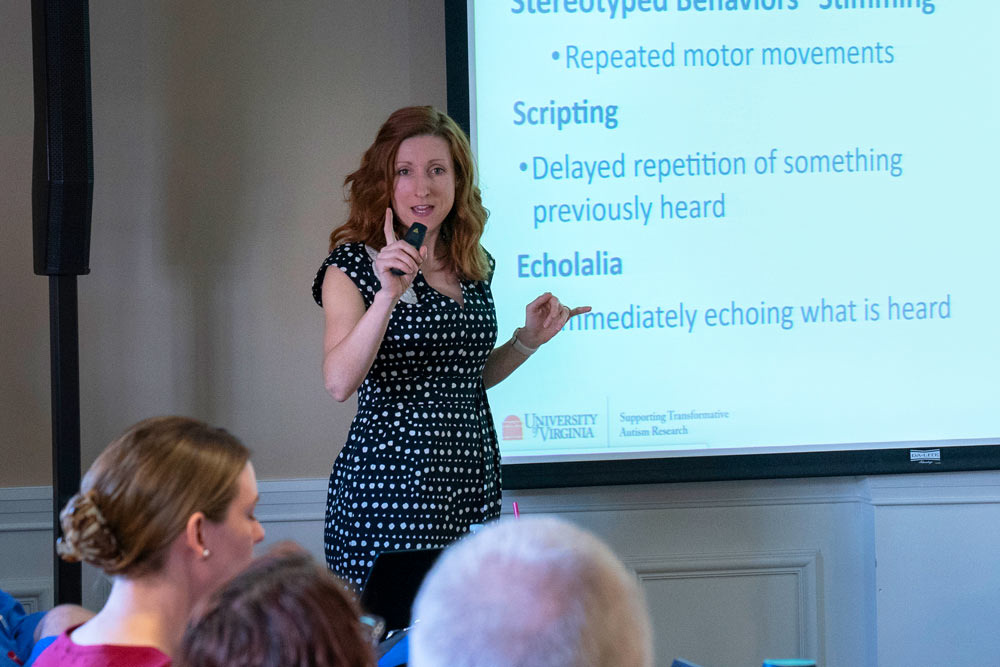University of Virginia researchers are expanding a successful training program across the state to help ease encounters between first responders and people with autism.
The Supporting Transformative Autism Research initiative, or STAR, has received a $888,251 grant from the U.S. Department of Defense to expand the training model after last year’s pilot program proved successful.
The researchers partnered with the Thomas Jefferson EMS Council. The program’s success resulted in expanded partnerships, a new Virginia law and inquiries nationwide on how to replicate it.
Emergency situations can be challenging for individuals with autism and other developmental disorders. People with autism are seven times more likely to encounter emergency personnel than the general population due to being at increased risk of having a meltdown and needing de-escalating, getting lost and needing help being found, or getting into trouble during social interactions with others.
Unfortunately, a negative encounter with first responders can be life-altering, or even fatal.
“Assaulting a police officer is a felony and many people with autism who are experiencing a crisis or meltdown can flail and kick without understanding what that means,” said Rose Nevill, assistant professor at the UVA School of Education and Human Development and a lead researcher at STAR.











